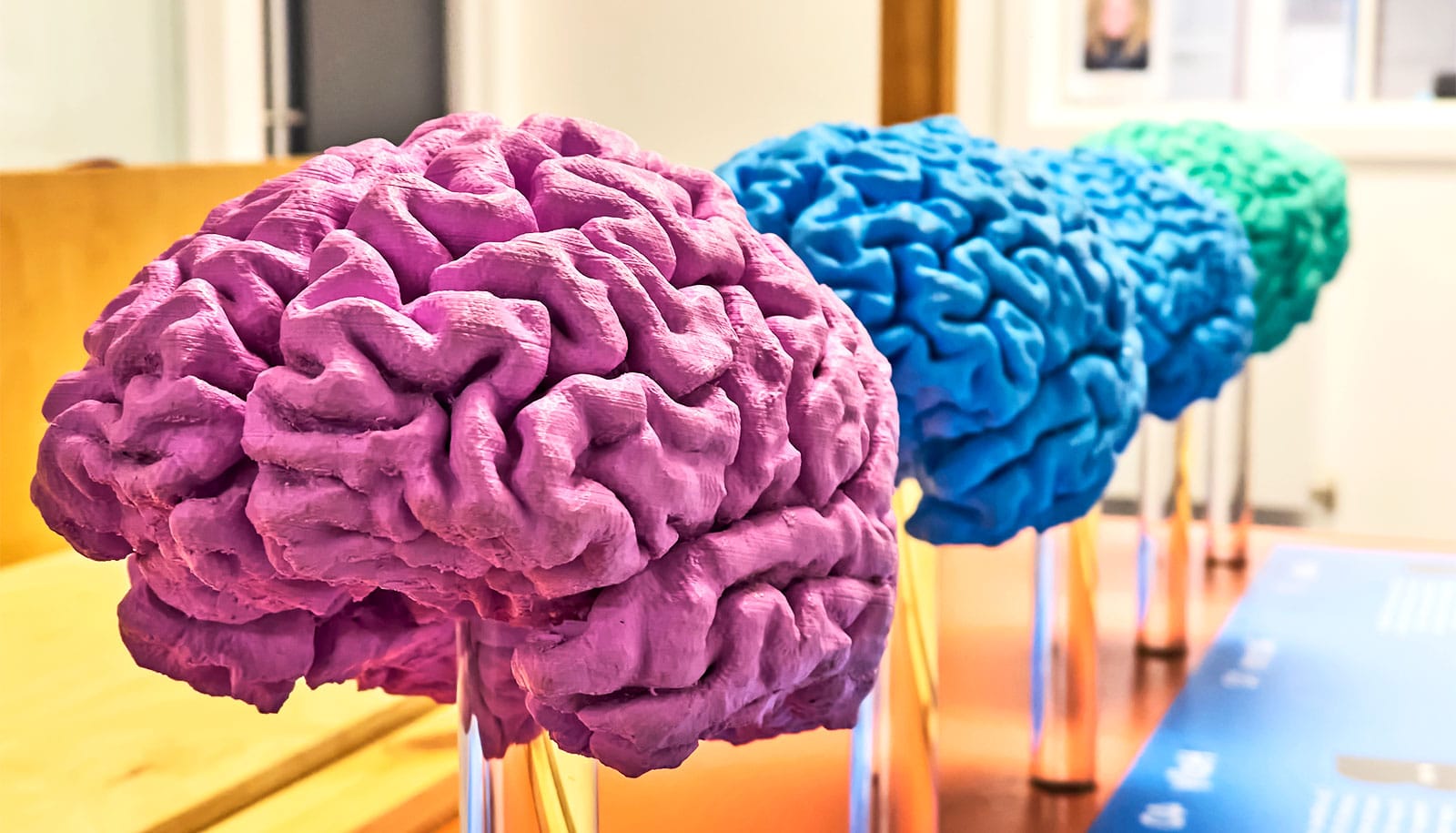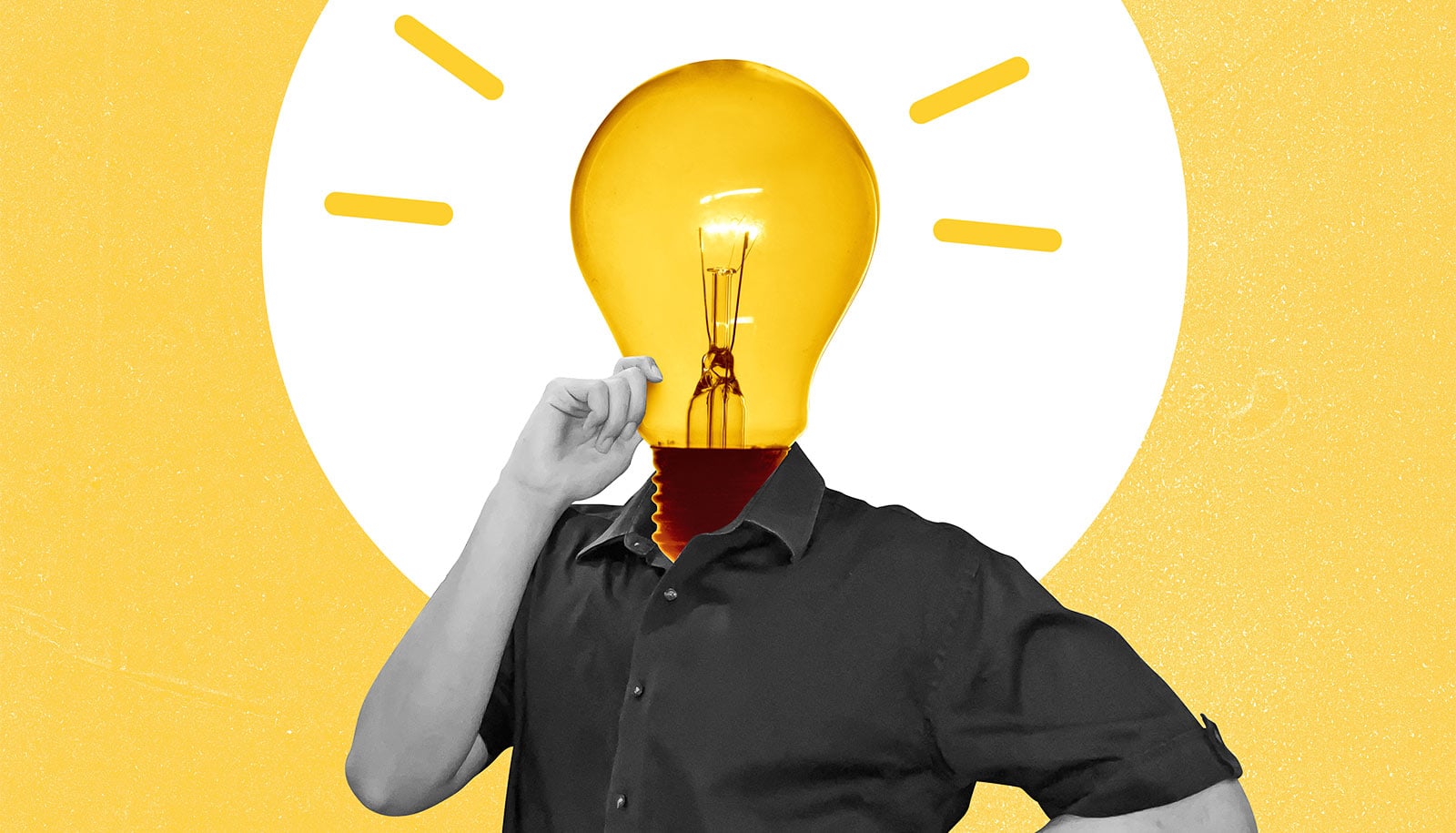Volunteering may improve cognitive function of older adults, especially for women and those with lower levels of education.
While the links of volunteering to physical health are well known, its associations with mental functioning are less clear.
“Cognitive functions, such as memory, working memory, and processing are essential for living an independent life,” says Christine Proulx, an associate professor of human development and family science department at the University of Missouri.
“They’re the tools and methods the brain uses to process information. It’s the brain’s working memory and processing capacity that benefit the most from volunteering.”
Processing is how fast the mind is able to take in and store information. Working memory, which is different from long-term memory, is what the brain needs to temporarily store and manage information.
Proulx used national data from the Health and Retirement Study, which researchers have collected for the past 25 years. The results from more than 11,000 adults aged 51 and older show significant associations between cognitive function and volunteering among all participants, regardless of the amount of time spent. Adults with lower levels of education and women seemed to benefit the most.
Volunteers and voters have better health literacy
“Prior research has shown that older adults with lower levels of education are at greater risk of cognitive decline,” Proulx says. “Engaging in volunteering might compensate for some of that risk.”
Benefits may come because volunteering stimulates the brain, Proulx says. When volunteering an individual must follow directions, solve problems, and be active, all of which engage the mind’s working memory and processing.
The study appears in the Journals of Gerontology: Social Sciences. The National Institute on Aging and the Social Security Administration funded the work.
Source: University of Missouri



